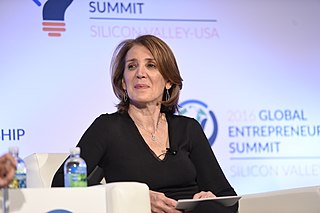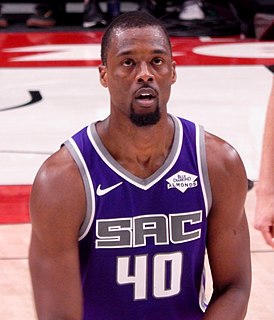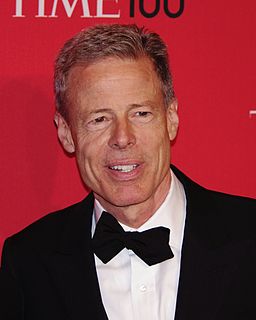A Quote by Ken Auletta
If the Ivy League was the breeding ground for the elites of the American Century, Stanford is the farm system for Silicon Valley.
Related Quotes
In the ideology of the new Silicon Valley, work was for the owned. Play was for the owners. There was a fundamental capitalism at work: While they abhorred the idea of being a wage slave, the young men of Silicon Valley were not trying to tear down the capitalist system. They were trying to become its new masters.
































